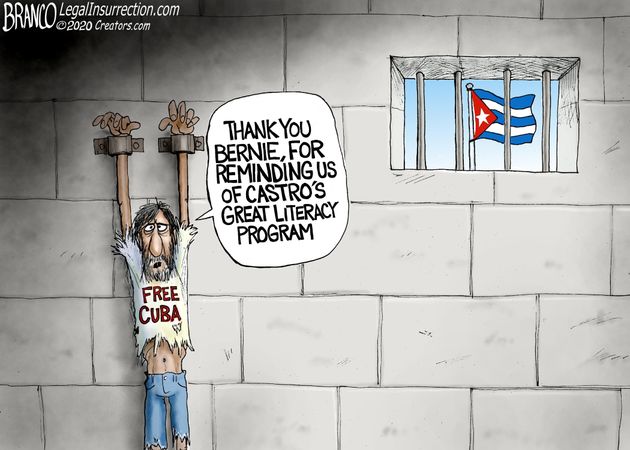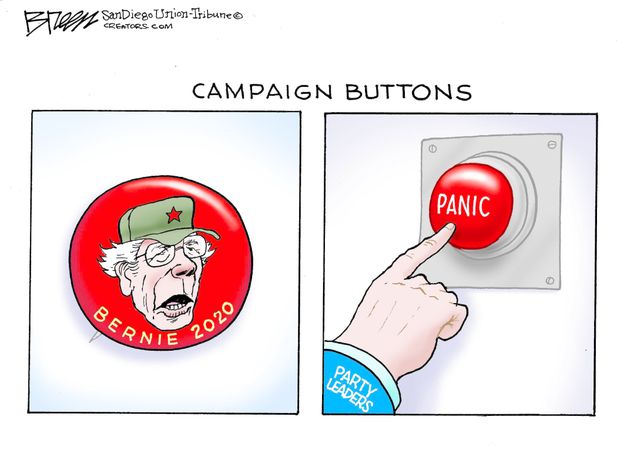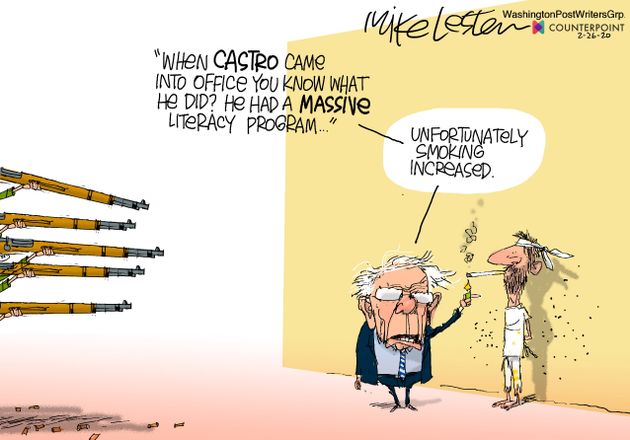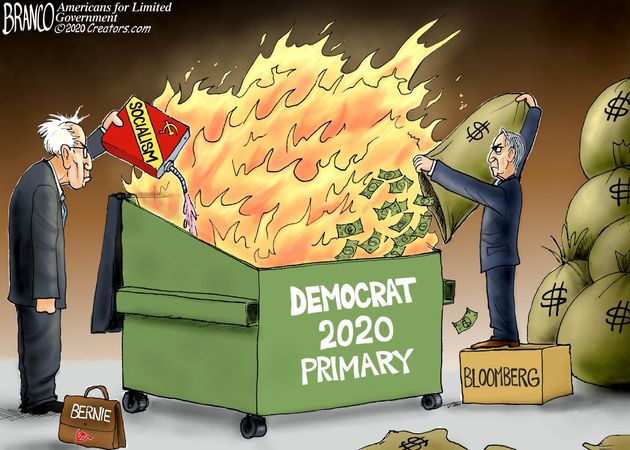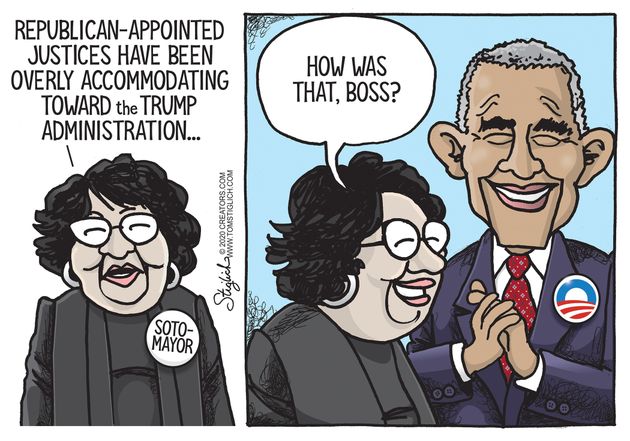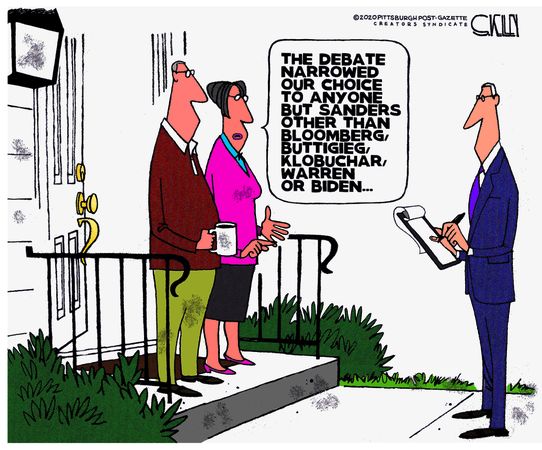My Biggest Tweet Ever
I don't think that Twitter retains or enables you to access history-long tweet statistics. I've tried to play with the default rolling 28-day default, but it seems I can only look at a maximum contiguous 3-month or so range of cumulative statistics (it's possible there are issues with how I'm handling date ranges, but that seems to be my experience with the interface). I have arbitrary heuristics in terms of assessing success of a tweet's impressions/views: does it exceed my list of followers (as I write, about 68)? So I round that up to 100. To be frank, most tweets never reach that threshold, but it's not unusual to have a handful or more tweets daily exceed that target. What's rarer is to reach a threshold of 1000 or more impressions, which I informally classify as going viral. These are far rarer; many, if not most months I've been on Twitter I haven't had a single 'viral' tweet. This past month I've had at least 4, which is probably close to my best clip. (Another informal statistic I look at is whether my aggregate impressions total over 1000 daily over a given 28-day period. I've lately been in that range for a few weeks, but there have been periods when I've been on Twitter less often, like when I visited my mom for a week over the holidays, although it's possible there're also seasonal factors in tweet viewership. There are a few times I'll go off politics, and some of these I won't republish in my "social media digest" posts, which I currently post once weekly: I'm quite good at most hashtag games, and lately I've been tweeting about one of my favorite baseball teams, the Houston Astros, currently at the center of a catcher sign-stealing "scandal".
Now I've had a few viral tweets "go platinum", meaning going multiple thousand impressions. Some of these have gone into the 4000, maybe up to 8000 or so range, but definitely more near the bottom of that range. It's not like I routinely check my "top tweets" statistics, and I don't know if they accumulate tweet statistics beyond a certain time range.
So all of this is to set up the fact that above tweet has thus far accumulated more than 35,600 impressions, and also personal records (of which I am aware) for likes (82) and retweets (40). That not only at least quadruples my most popular tweet of the past, but represents a good month or so of tweet impressions. Now, as I've written before, I take pride in my tweets as a whole, and I've written a number of quite good tweets, say with clever sarcasm, which never found an audience. If I had a magic formula, I would probably write more mega tweets. Why did this one accumulate this much of a reaction? I can only speculate that I tapped into some Dem angst that Trumpkins and others are trying to manipulate the Dem POTUS nomination to Trump's advantage. I've seen multiple news stories of at least some Trumpkins crossing over to vote for Comrade Bernie; I can't tell you if this is just anecdotal or has had some impact on results to date.
I do think this could be a case of being really careful of what you wish for, because Sanders has his own version of populism and a highly motivated core following. There seems to be this naive belief that simply calling Sanders a socialist will be all Trump needs to do to crush Sanders in a landslide. Now we do have precedents like the 1964 and 1972 elections where ideologues lost in landslides, and who knows what opposition research Trump has on Sanders, or if Sanders would suffer a "Mike Dukakis in a tank" matter or stumble over a question concerning his wife. In fact, Sanders doesn't seem to have a clue that praising the late Fidel Castro isn't smart politics. And there's no doubt Trump's incumbency is a huge advantage. But most of his approval ratings are still below average; he did seem to get a minor post-acquittal bump, but even Rasmussen shows him receding to 47% (maybe coronavirus and/or stock market correction?) For much of his Presidency he's been stuck at the 43.5% level or so. I see no evidence to date that Trump is close to peeling away any of Hillary's states; I've seen a lot of evidence that Michigan and Pennsylvania are trending Dem, and Dems seem to be competitive in a number of Trump states, including Texas, Florida and North Carolina. And we aren't talking about the economic risks of the coronavirus outbreak or other effects of sluggish global growth.
The bottom line is as an incumbent, if your approvals are in the 40's, you're vulnerable. This doesn't mean you'll lose; for example, Blago as Illinois governor won reelection in 2006 despite a year earlier having an approval rate in the 30's; he ran a negative campaign against his GOP opponent and still won.
Weird Dreams
I often remember odd dreams, probably more than most people I know. The latest one is related to an old concern I had stemming from my years in academia. I take great pride in my academic work, including articles, book chapters, and papers I've presented at national conferences. Now if you read any number of scholarly publications, you'll often notice multiple authors cited (I've seen some with almost a dozen). I have no way of knowing who contributed what to a paper. One of the things I wanted to establish is a track record of sole-authored papers. This does not mean I didn't want to do joint research, but for the most part my colleagues expressed no interest and even seemed threatened by my success in gaining journal hits. There were probably other factors in play; for example, at UWM the senior faculty were also vested in the efforts of their own doctoral students.
I had offered to put my own dissertation chair Richard Scamell's name on some of my early papers, mostly in gratitude for his efforts in support of my dissertation research, but to his credit, he declined, pointing out that my own research was independent of his own research efforts and he hadn't contributed enough to justify the recognition. I did try to start some joint projects with local colleagues or former UH colleagues. One example was I suggested a critical success factors study on maquiladoras while I was a UTEP junior professor. University politics and other things got in the way of these things happening (I was basically on the job market my last 3 years of academia, which was a giant sinkhole of time). Really, I wanted my colleagues to discuss their own research interests and see if anything triggered an idea for a joint endeavor; a lot of my own ideas had been hatched while reading thousands of articles in reference disciplines like applied psychology and education.
I also have confidence in my own writing ability, much like a sculptor of words. I had often negotiated being the author of group projects in graduate school, including the capstone MBA business strategy courses. Now I don't think you see as much of that in a political blog in the sense of a more timely publication schedule (in part because political coverage often grows stale: for example, I had deferred covering the 2016 debates between Clinton and Trump, and then after the election: what's the point?) but I think you'll find many of my commentaries extensively cross-referenced with hyperlinked supporting material/sources. I have sometimes written essays over several days. I work hard on organization and things like bullet lists to make the material more accessible. And the effort works. You might think, for example, the technical communication community would be particularly sensitive to my contributions, but for the most part, they accepted my material with minor cosmetic changes, if any. Some of my peer reviews were awesome, e.g., (paraphrased) "after reading Dr. Guillemette's background section, I get the feeling everything I need to know about the topic is summarized there." I prided myself on readable, comprehensive, yet meticulously accurate presentation.
And so I often as a reader find myself being similarly critical of other people's work. Let me give a couple of minor recent examples to make my point. I'm a follower of Congressman Justin Amash and WashPo columnist George Will on Twitter. So Amash was discussing why he voted against the antilynching bill, pointing out that lynching was already a federal hate crime. Now Amash is a highly competent lawyer and very able communicator, but I found myself asking, "Just what federal laws specifically?" I retweeted, suggesting civil rights legislation in the 60's. In George Will's column, he was suggesting that SCOTUS should pick up a case launched from North Dakota, suggesting it was a natural extension of the Janus decision against compelled (union-dues) speech. I don't think he actually specified the appellate court case itself in his column and it required little Google searching to reveal it. Now I think George Will is the best columnist in America, and I may be one of the few of the few readers to fixate on that point.
Don't get me started on Obama and Trump's speeches. I mean, these dudes have had professional speech writers, but I found myself being driven crazy by meandering discussions that were utterly unfocused.
I have had one co-author, Minnie Yen, one of my former UH PhD office mates. One motivation is Minnie's dissertation focused on database query languages. I was following
John Carroll's minimal manual research (IBM) and had written an SQL minimal manual (SQL is the lingua franca of relational database software like DB2, Oracle, and SQL Server). So I had enlisted Minnie's help in a qualitative analysis having one of her students try to learn SQL using my manual. Now I retained control of the writeup and the study materials and data collection protocol while Minnie administered the study. Without Minnie, there wouldn't have been a study because at the time I didn't have relevant students available. I didn't have an issue sharing credit. My only regret is I didn't have an opportunity to do the same with other close UH friends, like Bruce Breeding and Rick Will. I would have done just about anything for those guys. To give an example, Rick had been instrumental in getting Citgo to cooperate in my dissertation data collection. I still regret I haven't been able to return the favor. Familiar readers know Bruce died of stroke complications last November.
My last year of academia was as a visiting professor at ISU. Jane Carey, then with ASU-Phoenix, was in contact with another faculty member with interest in human factors in IT there who was taking a year to bootstrap a research center which created a temporary slot. I had lost my UTEP contract for the next academic year, basically after recruiting season had ended for tenure-track positions elsewhere. I had befriended this nice guy of color in the Applied Computer Science department (by that I mean like an African immigrant). Long story short, I got in the cross-hairs of hostile senior faculty fire because I allowed students to program in the computing language of their choice for a data structures course. The ACS chair knew I did that and didn't have any objections. The senior faculty, however, wanted me to mandate use of PL/1 (which was a general major prerequisite). I personally had not taught PL/1 and pointed out that students would elect to use the language most familiar to them, probably PL/1. The chair gave me use of a grader for handling computer assignments. I have posted on aspects of this in the past; the chairman did some unethical things (one of which was to threaten to relieve me from my classes if I filed a grievance against him), and I eventually filed an academic freedom complaint, later decided in my favor from a faculty investigation committee.
I found myself unable to attract an offer in the middle of a recession, and it certainly didn't help having my current chair with an ax to grind because of the complaint. In fact, I had no intent to file a complaint before he came into my office to threaten me. My attitude was that I'm going to be gone in 5 months and the last thing I needed was word getting out on the market that I was some kind of insubordinate troublemaker. (In fact, I came close to returning to academia several years back (I think it was Marymount); it looked like an offer was a formality, and the chair last mentioned in passing she had met a married faculty couple at ISU at a prior conference. So I'm expecting an imminent offer, and the next thing I know, I'm getting a form letter from HR saying they had decided against hiring from their current pool of applicants and I was welcome to reapply when they reopened the position over the coming year. So then I knew ISU blackballed me, and I was horrified as a Catholic that a Catholic university would screw me over like that. I confronted the chair over why the hell would I apply in the fall if they turned me down over the summer. Would they change their minds? She stammered some bullshit about "trying to be nice". Not that she had the integrity to admit they were participating in a particularly gross blackball incident. I would have felt better if at least she had attempted to follow through with me on what really happened at ISU and make a decision knowing both sides of the issue. I didn't discuss what had happened, first because she didn't ask, second, I really didn't want to draw any attention to it. I had tried to put it behind me.
Anyway, the basic point was I was trying to explain my relationship with the African immigrant junior professor. It was clear I didn't have the time to follow through on prospective joint research projects. That's when he offered something which was very sweet in intent, but was a nightmare come to life: he told me he would put my name on any eventual project publications, even if I didn't have time to contribute. First of all, it would be unethical for me to claim credit for work I didn't do. Second, I had worked hard to establish my "academic brand". I didn't want to publish a paper which I hadn't seen, probably not up to my strict standards.
One of the reasons I often Google myself is to ensure someone isn't trying to do something like spoof my name in academic research, without my knowledge and consent. I realize that's not likely, but I had been shocked by my colleague's offer to put my name on projects. I don't want people doing well-meaning but dishonest favors.
So all this context explains my nightmare, where I'm looking at some bibliography, and I suddenly see my name pop up as a co-author to some paper I didn't know anything about. It seemed so real; I woke up.
Do Things For Mom
The other day I got a text from my age-closest younger sibling, a retired RN (14 months). "I'm drinking your Diet Dr. Pepper." I texted back, "I gather you're at Mom's." (She lives in Ohio.) I had spent a week in Texas at the end of last year. We all have our favorites when we visit Mom. My youngest brother who lives a mile or so down the road prefers Tab. Of course, I can buy Dr. Pepper locally. I personally like variety although for the most part I haven't bought much soda, at least for home. My personal favorites are (diet versions) of cream soda, ginger ale and Antartica Guarana (which I developed a taste for in 2 trips to Brazil in 1995). I also like flavored colas, Fresca and Dr. Pepper. So I think we grabbed a 12-pack on a stopover at HEB on the way home from the airport.
I only discovered recently that my sister had started (I'm not sure how many years back) visiting Mom for a week including her birthday (today). This may explain why my Mom has been pushing for me over the last few years to include my birthday in my annual holiday trips home. Usually I'm trying to leverage work leave and expensive airfare during the holiday season.
It's very sweet of my sister to do that. I don't know if my other siblings do that. Two live in the San Antonio suburbs, my middle brother (soon to return to Texas) lives in KS, and two sisters live in east suburbs of Dallas.
I have my moments. For example, one year I surprised my Mom with a gift on my birthday. She was confused, but I said, "Without you, Mom, I wouldn't be here."
